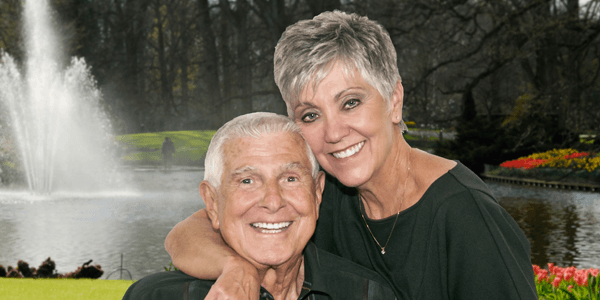Staying Focused on the Donor

Noel, a 77 year-old widower, is retired from one of the regional investment houses. He had started as a "runner"; while taking college courses in the evening. Over time; he moved upwardly through the organization; reaching his career pinnacle as the director of institutional client relations.
Being a "Depression Era Baby"; Noel often worried that he could lose his job; thus he was thrifty and invested very conservatively. Now that he is retired; he worries about outliving his savings; especially given the history of longevity in the family and his remarkably good health.
Although he makes donations to his church and the local hospital; Noel could never be accused of "overdosing on philanthropy". "Will those charities take care of me; if I run out of money?" he'd say. "Charity begins at home; besides; they're going to get it, when I die." His estate plan calls for bequests to several nieces and close friends totaling $100,000. The balance (currently $2.5 million) will go to several charities; including his church and the local hospital.
Noel's attorney has often tried to allay any fears about running out of money. He also has suggested some options for lifetime philanthropy; but to no avail. One day he asked Noel how he would feel about making a sizable gift to charity; with the promise of getting it back. Noel said he wasn't interested in any "get rich schemes" or anything that would get him in trouble with the IRS. His attorney replied that he was speaking about a Charitable Lead Trust; which the IRS has recognized since the Tax Reform Act of 1969. He arranged for Noel to meet with a Univest Foundation Officer; who would explain how he could benefit from such a trust.
The Officer explained that a Charitable Lead Trust allows a donor to benefit charities for a period of time and then the remaining assets are distributed to family (Family Lead Trust) or; returned to the donor (Grantor Lead Trust). He said a Grantor Lead Trust would be perfect for someone with Noel's concern for financial security. He suggested that a trust be established for a term of 2 or 3 years. At the end of the trust term, Noel would have the option of establishing a new trust or; he would have the comfort of the returned funds; should his financial situation change; dictating a suspension of philanthropy. The Univest Foundation Officer also pointed out that Noel would receive an income tax deduction, when the trust is established. The one "drawback" would be that he would have to report the income earned by the trust on his own tax return; however, a solution would be to invest the trust in municipal bonds.
Noel said that he would be willing to "risk" $250,000 for a 3-year trust. The Officer recommended a three percent payout. This would provide $7,500 in annual charitable distributions and an income tax deduction of $20,554.
The Officer then suggested that Noel name Univest Foundation as the charitable beneficiary. This would allow him to work with the Foundation on a plan to ultimately distribute the funds to other charities; thus increasing the efficiency of his philanthropy. It would also provide him with the opportunity to review the "worthiness" of the charities named in his will; as well as explore other possible recipients for his charitable bequests. Noel thought that was a great idea, and told the Officer he was glad to have been introduced to a charitable organization that focused on the donor; not just the donation.

